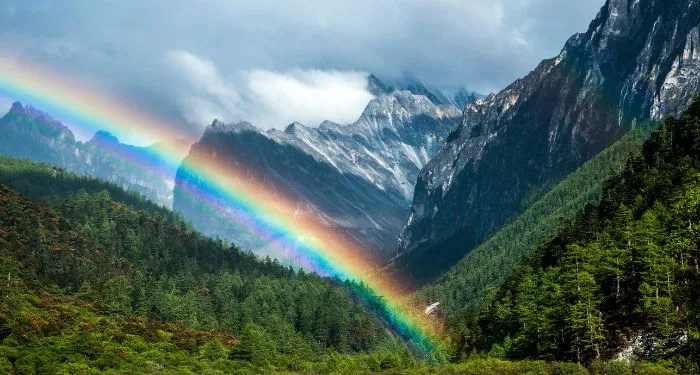
8 Beautiful Books of Queer Science & Nature Writing
As soon as I finished reading Sabrina Imbler’s gorgeous essay collection How Far the Light Reaches, I knew I’d found a new favorite genre. There’s something especially wonderful to me about queer nature writing. It asserts that queerness is natural, and that it is deeply and intrinsically linked to nature and always has been. As a queer reader who loves trees and the ocean and playing in the dirt, I find this kind of writing healing, and illuminating, and full of possibility.
But as much as I love science and nature books that are explicitly queer, I’ve also found a lot of joy recently in books by queer authors that celebrate nature, whether queerness is a focus or not. So, for this list, I’ve used an expansive definition of queer nature writing, because I believe a) that queer writers should be able to write about whatever they want, and b) that writers bring their whole selves to whatever they write. Just because a queer writer chooses to write about strawberries or the water cycle or the natural history of bees doesn’t mean they don’t bring a queer sensibility or perspective to the work, even if it’s not obvious or central. So you’ll find books here that explore queer identity, books that blend memoir and science writing, academic books, and books that aren’t about queerness at all.
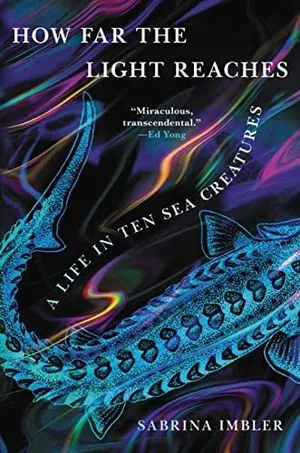
How Far the Light Reaches by Sabrina Imbler
I’ve lost count of how many times I’ve recommend this book by now — if you haven’t read it yet, you’re in for a treat! In each essay, Imbler writes with curiosity and compassion about a different sea creature, from goldfish and Chinese sturgeons to immortal jellyfish and the organisms that make their homes around hydrothermal vents. Woven into these meditations on sea life are reflections on queerness, trans and mixed-race identity, sexual violence, queer community spaces, cultural heritage, and more. It’s a gorgeous, creative, and delightfully unpredictable book.
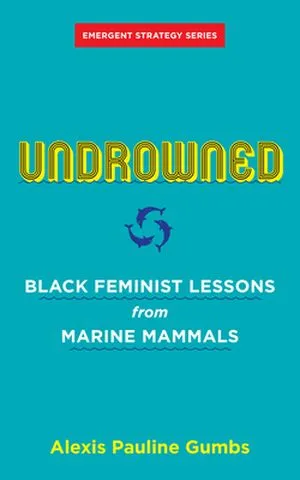
Undrowned by Alexis Pauline Gumbs
The ocean is just decidedly, queer, okay? This is another wonderful nonfiction book that blends studies of marine creatures with explorations of very human concerns. Gumbs approaches the ocean and its inhabitants with a Black, queer, feminist lens. She’s interested in what ocean dwellers have to teach us about social justice movements, community care, and liberation. And Gumbs is a poet, which makes her prose an absolute pleasure to read.
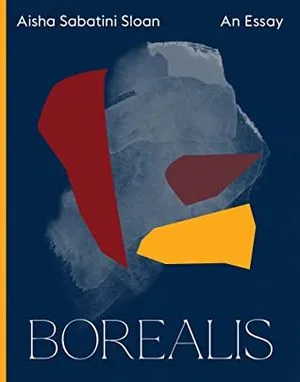
Borealis by Aisha Sabatini Sloan
This is one of my favorite books of nature writing from the last few years. It has everything I love about genre-bending nonfiction. It’s an extended essay about a summer Sloan spent in Homer, Alaska, and her experiences and observations as one of only a few Black people living there. She writes about wilderness, the history of Black nature writing, photography, loneliness, queerness, beauty, and so much more. It’s meditative and smart and devastating and funny.
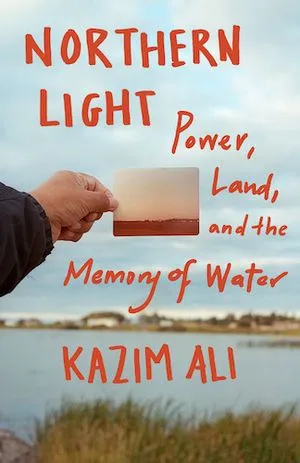
Northern Light by Kazim Ali
Kazim Ali, the child of South Asian immigrants, spent a formative period of his childhood in Jenpeg, a small town built for one purpose: to build a hydroelectric dam. His family moved there when his father got a job working on the dam; as a child, he had no idea that the town was built on land belonging to the local Pimicikamak community, or how much harm the dam caused. As an adult, seeking to better understand the history he was a part of, he returns home, to visit with and listen to Pimicikamak elders and community leaders. This is a beautiful book about environmental degradation, hidden stories, the violence of erasure, and what it means to be shaped by places with complex and sometimes contradictory histories.
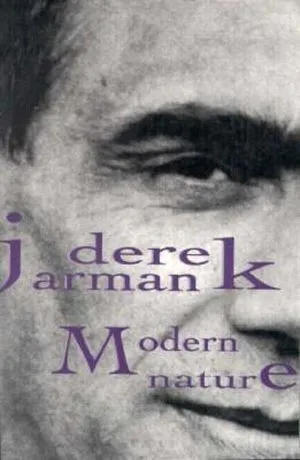
Modern Nature by Derek Jarman
When he learned he was HIV positive in 1986, filmmaker and artist Derek Jarman decided to make a garden at his cottage on the English coast. In these journals, which he kept throughout the late 1980s, he writes on the garden and its changing seasons, as well as his life and art. He seamlessly weaves together observations about plants and the natural world with reflections on his childhood, art-making process, film career, and life as a gay man living with HIV.
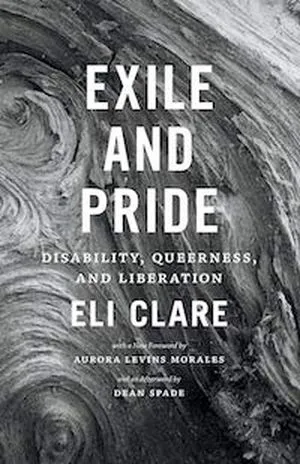
Exile & Pride by Eli Clare
This is one of my favorite books of all time. It reshaped the way I think about queerness, community, disability, landscape, nature, and home, and it’s one I’ll go on recommending for the rest of my life. In a blend of memoir, disability and queer theory, nature writing, and social critique, Eli Clare examines the ways in which queerness, disability, trauma, and geography (among many other factors) have shaped his life. His prose is accessible, intimate, and poetic; his ideas are far-reaching and world-opening.
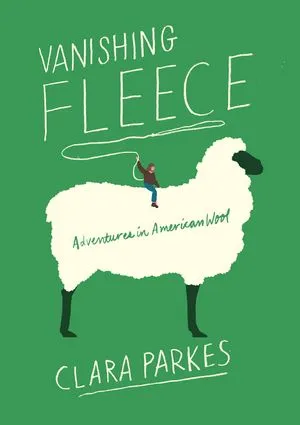
Vanishing Fleece by Clara Parkes
This is not a book about “pure” nature, and it also doesn’t have anything to do with queerness. But guess what? Queer authors can write about whatever they want, and farms are absolutely a part of nature. This book is about sheep farming, the wool industry, crafting, and how yarn gets made. Over the course of a year, Parkes charts the process of transforming a bale of fleece into yarn. Along the way, she visits sheep farms, wool mills, craft spinneries, dye houses, and more. It’s charming, informative, and surprisingly fascinating!
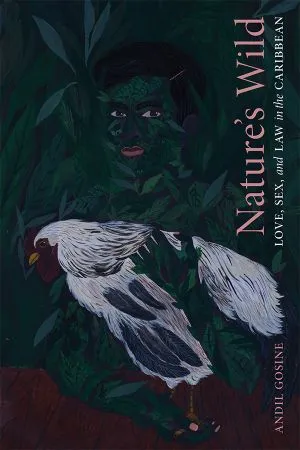
Nature’s Wild by Andil Gosine
In this academic text, Andil Gosine explores queerness and queer desire in the Caribbean, examining the ways it has been shaped by colonial understandings of nature and animality. Through in-depth studies of traditional queer and Caribbean cultural practices, as well as current and historical liberation movements, he pushes back against the binary divides between humans, animals, and nature that often posit queerness as “unnatural.”
Looking for more science and nature books? You might be into these queer books that explore place, nature, and the environment. Also check out these recent nonfiction books about nature — or design your dream garden and get a nature book rec!









